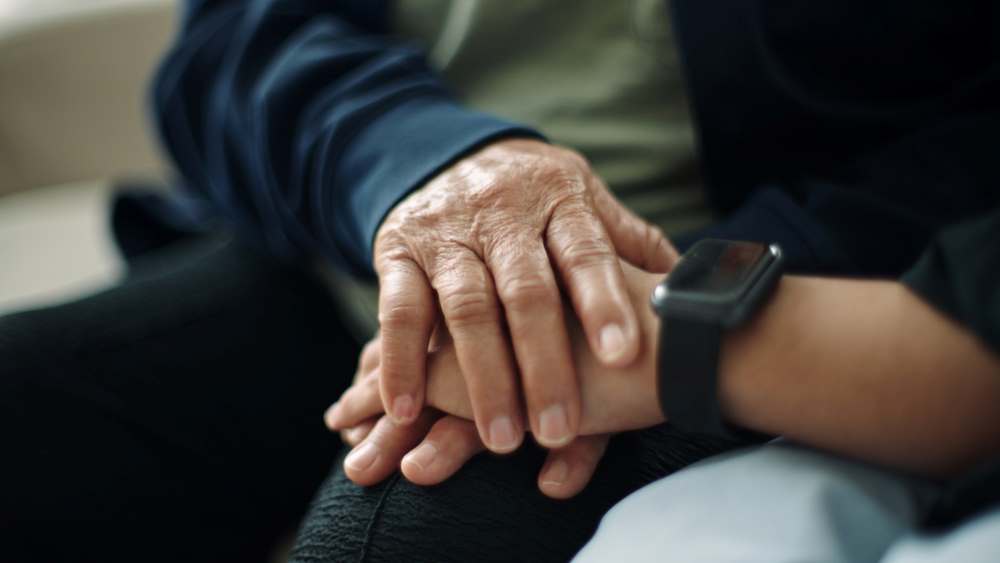
The loss of a loved one is a deeply painful experience, and when that loss is due to a wrongful death, it can intensify feelings of anger, confusion, and sorrow. During these times, offering support to family and friends who are grieving is essential, but it can also be challenging. Grief is complex and personal, so knowing how to be there for someone in the wake of such a tragic event requires sensitivity, patience, and understanding.
In the aftermath of a wrongful death, navigating the legal system can be overwhelming. Encouraging your loved ones to consult with a qualified attorney can be a crucial step in seeking justice and compensation for their loss. An experienced wrongful death lawyer can provide guidance through the legal process, help gather necessary evidence, and advocate for the family’s rights.
Be Present and Available
In the immediate aftermath of a wrongful death, your presence can be a great source of comfort. Simply being there—whether physically or emotionally—can help alleviate feelings of isolation that often accompany grief. You don’t need to have the right words or solutions; instead, focus on offering your quiet support. Sitting with someone, listening without judgment, and allowing them to express their emotions is more valuable than trying to fix their pain.
Avoid saying things like “everything happens for a reason” or “they’re in a better place,” as these sentiments, although well-meaning, can feel dismissive. Instead, focus on being a compassionate listener. Sometimes, a hug or a simple “I’m here for you” is all they need to feel supported.
Provide Practical Assistance
Grieving families often find themselves overwhelmed with daily responsibilities, which can make it difficult to navigate day-to-day life. Offering practical help can lighten their load during this time of emotional turmoil. You might prepare meals, help with childcare, run errands, or assist with organizing funeral arrangements. Taking care of these small tasks can give them the space to focus on their grief without worrying about mundane details.
Rather than asking, “What can I do?” try offering specific forms of help. For example, “I’d like to bring dinner tomorrow” or “Let me take care of picking up the kids from school this week.” Being proactive in your support can make a big difference.
Encourage Healthy Ways to Process Grief
Grieving the wrongful death of a loved one can lead to a wide range of emotions, including sadness, anger, guilt, and frustration. Encourage your loved ones to express their feelings in healthy and constructive ways. Whether through talking to a therapist, attending a grief support group, or journaling, these outlets can provide comfort and clarity.
It’s important to let them grieve in their own way and at their own pace. Some may want to talk about their loss immediately, while others may need time before they’re ready to open up. Encourage them to seek support when needed, but never pressure them into it. Every grieving process is unique, and there is no right or wrong way to mourn.
Understand the Legal Process
Wrongful death cases can involve a complex legal process, which can add to the emotional burden the family is already carrying. Understanding the legal procedures involved in wrongful death claims can help you support your loved ones during this stressful time. While you don’t need to be involved in the legal matters directly, having basic knowledge can help you provide guidance and assist them in finding a reputable attorney.
Encourage your loved ones to seek professional legal counsel if they haven’t already done so. A skilled wrongful death attorney can help the family understand their rights and pursue justice for their loss. Having the legal aspect handled by professionals allows the family to focus on healing without the added stress of navigating the legal system.
Offer Long-Term Support
Grief doesn’t have an expiration date, and your loved ones will likely continue to feel the impact of their loss for months or even years after the wrongful death. While immediate support is important, long-term support is just as crucial. Be mindful of significant dates, such as birthdays, anniversaries, or holidays, as these moments can trigger renewed feelings of sadness. Check in on your loved ones during these times and offer a listening ear or a comforting gesture.
Over time, people may stop reaching out, assuming the grieving process is over, but your loved ones may still need support long after the initial shock has worn off. A simple message or phone call to ask how they’re doing can remind them they’re not alone, even as the world around them moves on.
Allow Them to Find Their Own Path to Healing
After a wrongful death, it’s natural to want to help your loved ones find healing and peace. However, healing is a deeply personal journey, and everyone processes loss differently. Some may take comfort in memories and talking about their loved one, while others may prefer to keep those memories private. Some may find solace in religious practices, while others may find comfort in solitude.
Allow your loved ones to take their own path toward healing. Be there to support them, but refrain from pushing them toward a certain way of grieving or offering unsolicited advice on how they should feel or behave. Healing takes time, and they will find their way when they’re ready.
Conclusion
Supporting a loved one after a wrongful death is an emotional and delicate task. By offering your presence, practical help, and understanding of the grieving process, you can be a source of comfort during a difficult time. Remember that grief is a personal experience, and the most important thing you can do is provide a consistent, compassionate, and nonjudgmental support system. While the pain of loss may never fully go away, your care can help ease the emotional burden they carry as they navigate life without their loved one.



























